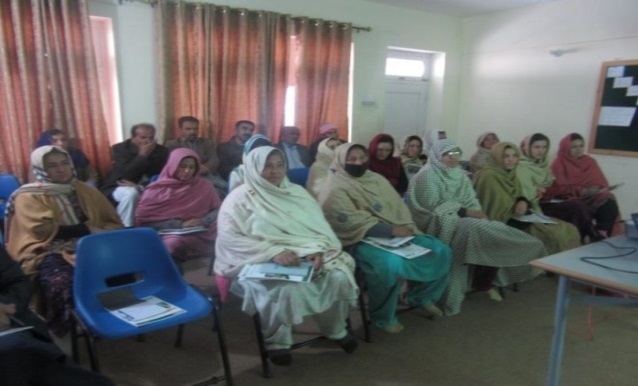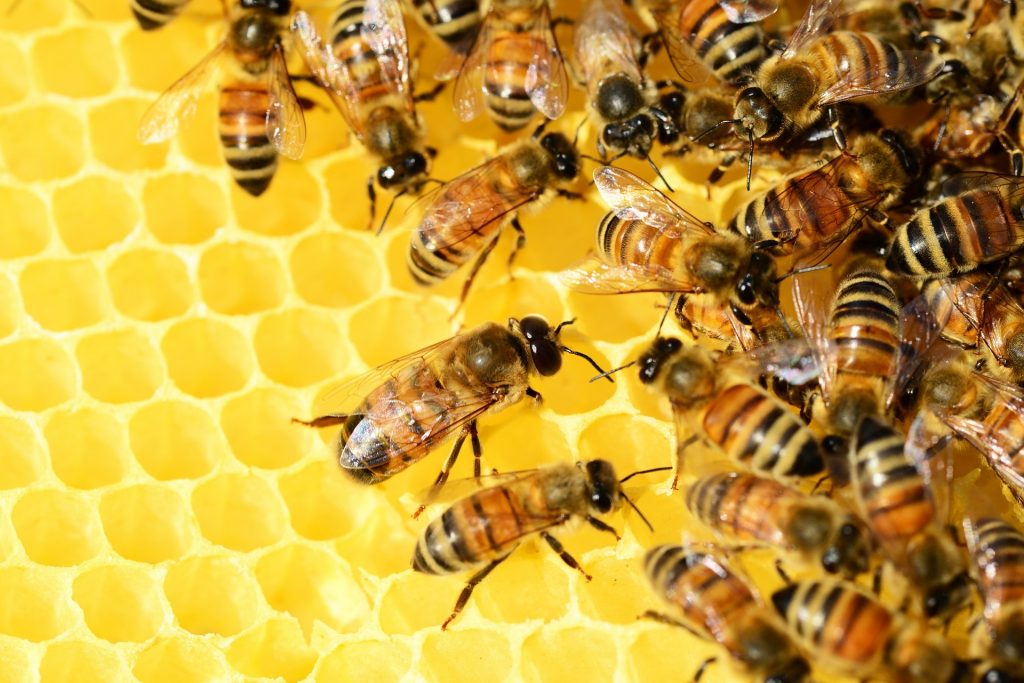Empowering more women in the fight against fruit flies in Pakistan
More women in the Gilgit Baltistan (GB) region of Pakistan are benefiting from a Phytosanitary Risk Management Programme (PRMP) aimed at using a range of biological controls to fight the fruit fly pest which can impact heavily on rice and horticultural crops. PRMP, which is funded by USAID via United States Department of Agriculture (USDA), was initiated in…
Fertilizer Optimization Tool pays dividends for farmers in Uganda
By Dr Monica Kansiime, Scientist Seed Systems, based at CABI in Nairobi, Kenya A decision support tool that allows an extension agent to take into account a number of the farmers’ circumstances and investment goals to maximize the benefits of fertilizer use on their farms is starting to pay dividends in Molo Sub-County in Uganda – with…
Navigating ABS measures is ‘work in progress’
In this guest blog special, Dan Leskien, Senior Liaison Officer at the Food and Agriculture Organization of the United Nations (FAO), considers how much work still needs to be done to implement Access and Benefit Sharing (ABS) measures in respect of genetic resources… I wish to commend CABI for its initiative to prepare and implement…
One health – human, animal, environmental and plant health
Ahead of One Health Day tomorrow (3rd November 2018), Robert Taylor, CABI’s Editorial Director, explores the relationships between human, animal, environmental and plant health… The ‘One health’ initiative launched in 2007 was designed primarily to break down the barriers between human and veterinary medicine, particularly for dealing with zoonotic diseases. The link between BSE and…
‘Digging deep’ to strengthen the potato value chain in Pakistan
CABI in Pakistan, under its ACIAR-funded ‘Strengthening Vegetable Value Chain in Pakistan’ (SVVCP) project, is committed to improving the value chain of vegetables for smallholder farmers so they can improve their livelihoods. Dr Babar E. Bajwa, Project Leader, reports on the progress being made so far… Potato is a major crop in Pakistan with great…
Embracing ‘stakeholder interaction’ for better business strategy and integration in Pakistan
Dr Umair Safdar, Development Communications Executive at CABI in Rawalpindi, Pakistan, looks at ‘stakeholder interaction’ for better business strategy and integration in Pakistan through the cluster-based Agricultural Transformation (CDBAT) Project… Stakeholders strongly influence a project’s success, particularly for complex projects with heterogeneous stakeholders. Therefore, understanding their influence is essential for project management and implementation.
World Food Day 2018 – Feeding our appetite for food security
By Dr Dennis Rangi – Director General, Development at CABI based in Nairobi, Kenya On this World Food Day 2018 the issue of feeding the world has never been in sharper focus. By 2050, agriculture will need to produce almost 50 percent more food, feed and biofuel than it did in 2012 just to meet…
New report calls for urgent action to tackle climate change
The world’s leading climate scientists have issued their most extensive warning yet on the risks associated with increasing global temperatures. The authors of the new report, published yesterday in Incheon, South Korea, by the Intergovernmental Panel on Climate Change (IPCC), say that urgent, far-reaching and unprecedented actions are needed across society, in order to limit…
Sowing the ‘seeds’ for the agricultural scientists of tomorrow
By Professor Jozsef Kiss, Szent István University CABI has a long history of nurturing talented scientists who will one day join the bank of researchers with the shared interest of trying to help farmers lose less of what they grow to agricultural pests and diseases. One only has to think of my colleague Dr Stefan…



